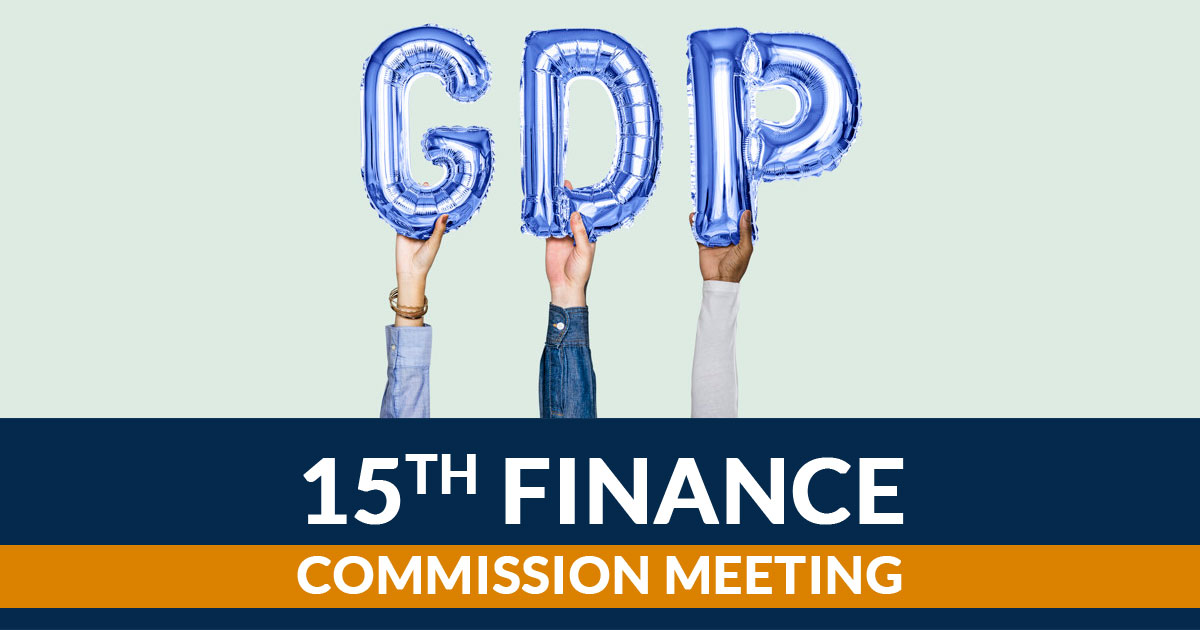
Sessions are to be held by the Economic Advisory Council of the Fifteenth Finance Commission on April 23-24 2020 regarding the current position and the revival of the Gross Domestic Product (GDP) growth 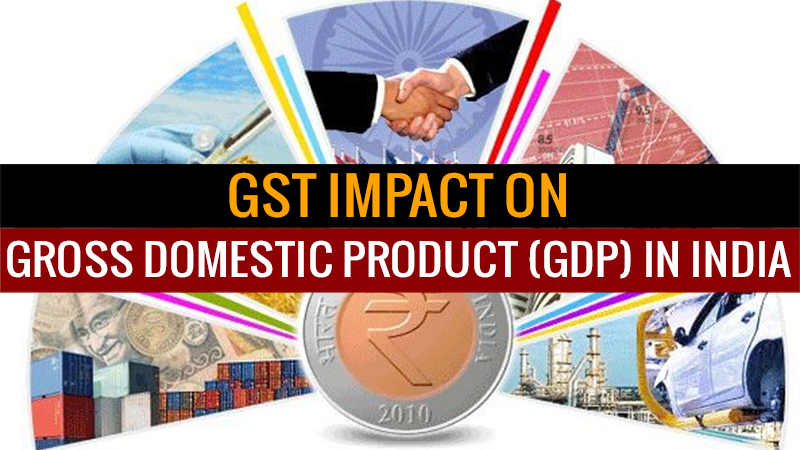
The 15the Finance Commission headed by former top bureaucrat NK Singh, has already submitted the reports accompanied by the recommendations for FY 2020-21 on 1st of February 2020 and the finance commission was expected to furnish the reports along with the recommendations for FY 2021-26 but now it is uncertain as the COVID-19 crises have misguided the fiscal roadmap and to present the next report the Commission has through the phase of re-evaluation of reports.
Read Also: Latest Official Updates Under GST by Indian Government
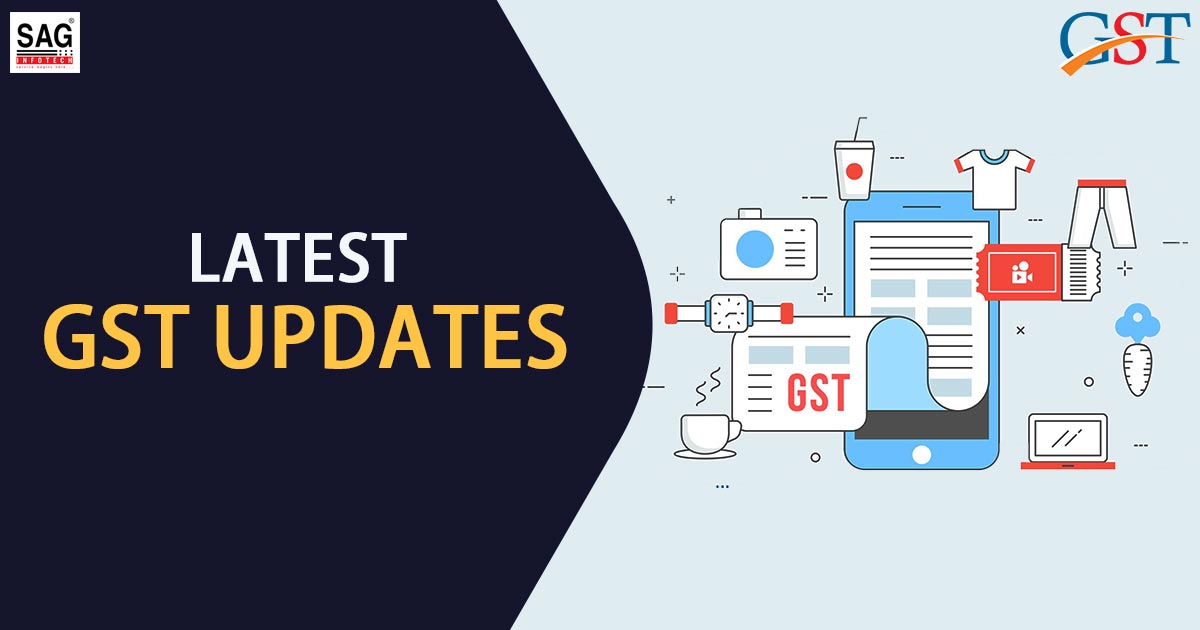
The GST collection is expected to drop considerably for the March and April months as there is a halt on retail sales and the virtual economic activities are also stagnant. Hard drinks and fuel which were the two major sources of revenue for the State and Centre have collapsed. Looking at the current situation both the State and Centre are in big turmoil. The meeting will be held virtually, said a senior commission official headed by the chairman of 15 Finance Commission and five other council members as attendees including the chief economic advisor Krishnamurthy Subramanian, Sajjid Z Chinoy, Prachi Mishra, Neelkanth Mishra and Omkar Goswami on April 23. Just the next day another meeting will be held.
Agenda – The agenda if the meeting is to come up with the possible assumptions for tax and revenue structure in the current fiscal year and also what could be done to enhance public expenditure to revive the economy.
Obstacles – One of the major obstacles for the commission is the constant dropping of the revenue and that the states are in no position to clear the unpaid dues moreover are demanding allocation of funds. States are presenting their utter requirements in the war of this pandemic via the list to the Prime Minister demanding relief packages, an extension of RBI moratorium on loans, and GST relief on essentials like coal, rail freight, etc.
Read Also: FM Reliefs GST & Tax Compliance Over COVID-19 Pandemic 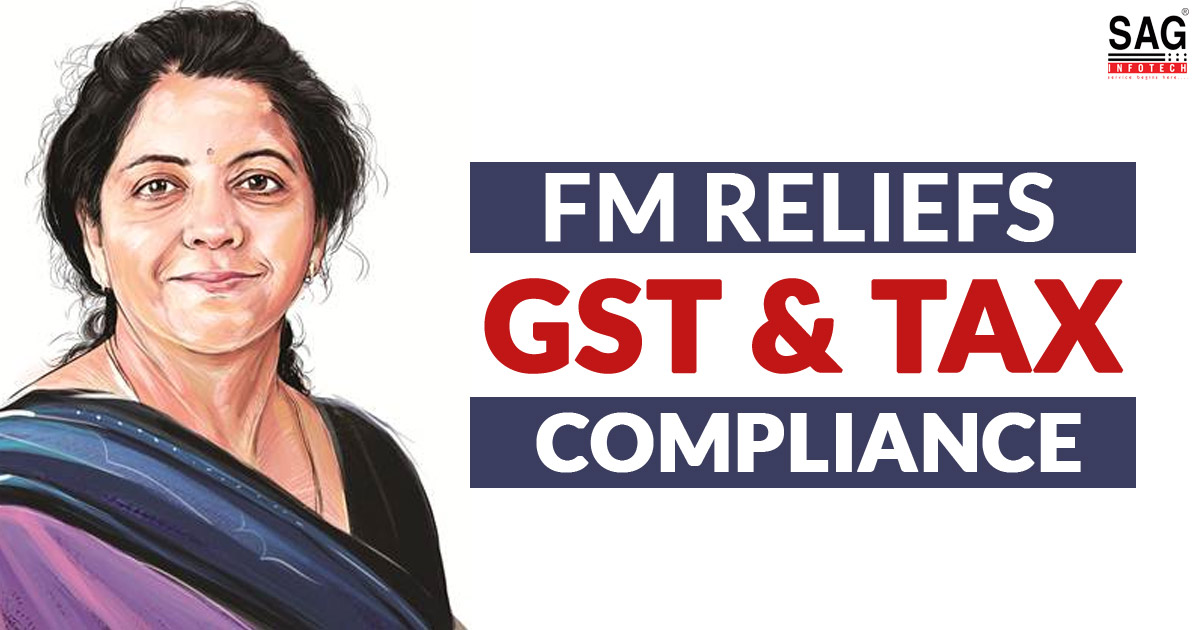
The current demand by States is just the opposite of the fiscal roadmap and recommendations submitted by the Commission in its first report. In its first report before the COVID-19 outbreak, the commission stated that the credible fiscal and the debt trajectory roadmap remains an issue due to economic uncertainty. It had recommended that central and state governments should focus on debt consolidation and abide by the fiscal deficit and debt levels as per their respective Fiscal Responsibility and Budget Management (FRBM) Acts.
Uncertainty in the Fiscal Foresight Due to COVID-19
The commission stated that the expenditure through off-budget borrowings detracts from compliance with the FRBM Act”. It is advised to both Centre and State Governance to duly report the capital expenditure through off-budget borrowings. With this, the outstanding liabilities of the state and the center governance will be identified and cleared on time.
GST Collections
The commission said that the GST collection in 2018-19 of Central and State Governments was reported at 17.5% of the total GDP of the nation. This year the tax revenue is expected to be nowhere near the forecasted tax capacity of the nation.
Recommendations by the Commission
- Broadening the tax ambit
- Working over the tax rates
- Enhancing the capacity and expertise of the tax governance in all the tiers
But the commission might be forced to lower their expectations.
GST Implementation
The Commission Stated:
- A steep drop in the collection of GST as forecasted by them
- There is volatility in the collection
- Accumulation of large integrated GST credit
- Mismatch and errors encountered in GST invoice and input tax matching
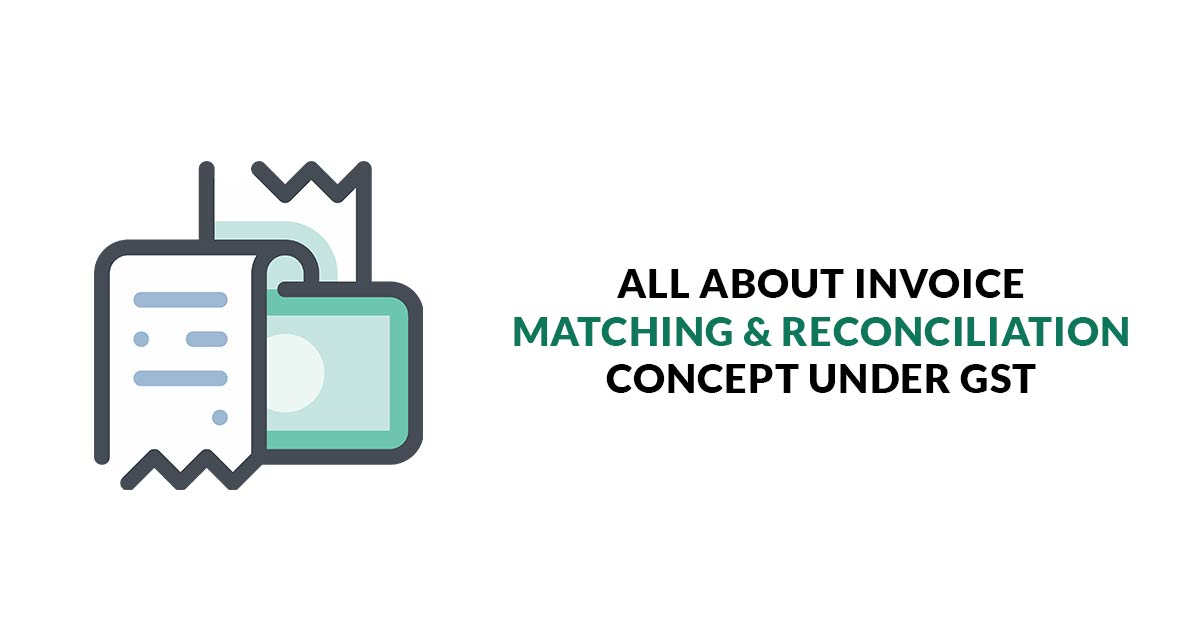
- Delayed refunds
The 15th Finance Commission is expected to reform the strategy in par with the current scenario caused due to corona crises and nationwide lockdown ahead of presenting the reports and recommendations (for FY 2021-26) in October this year.